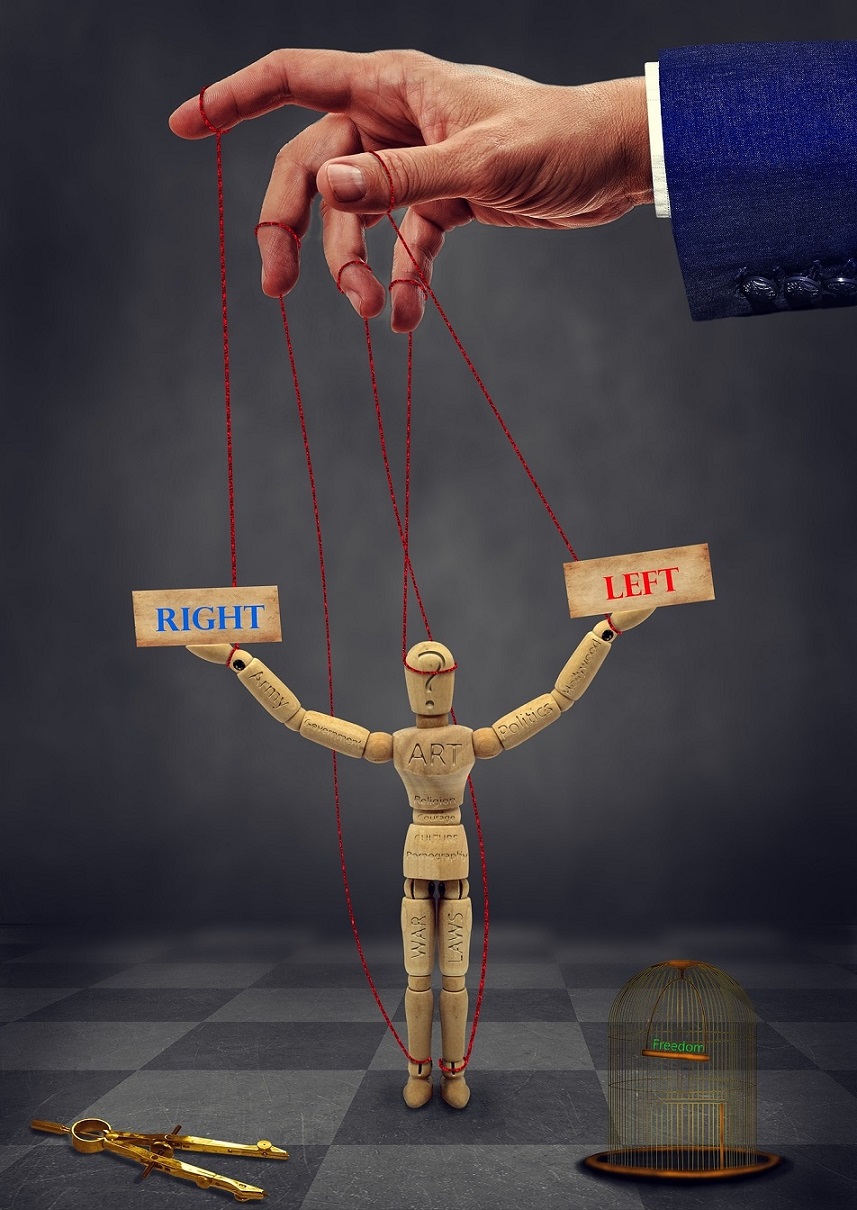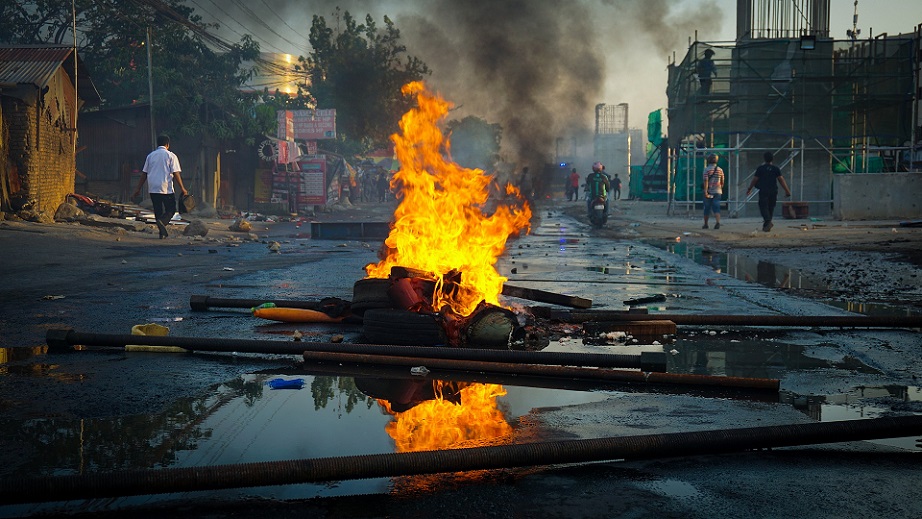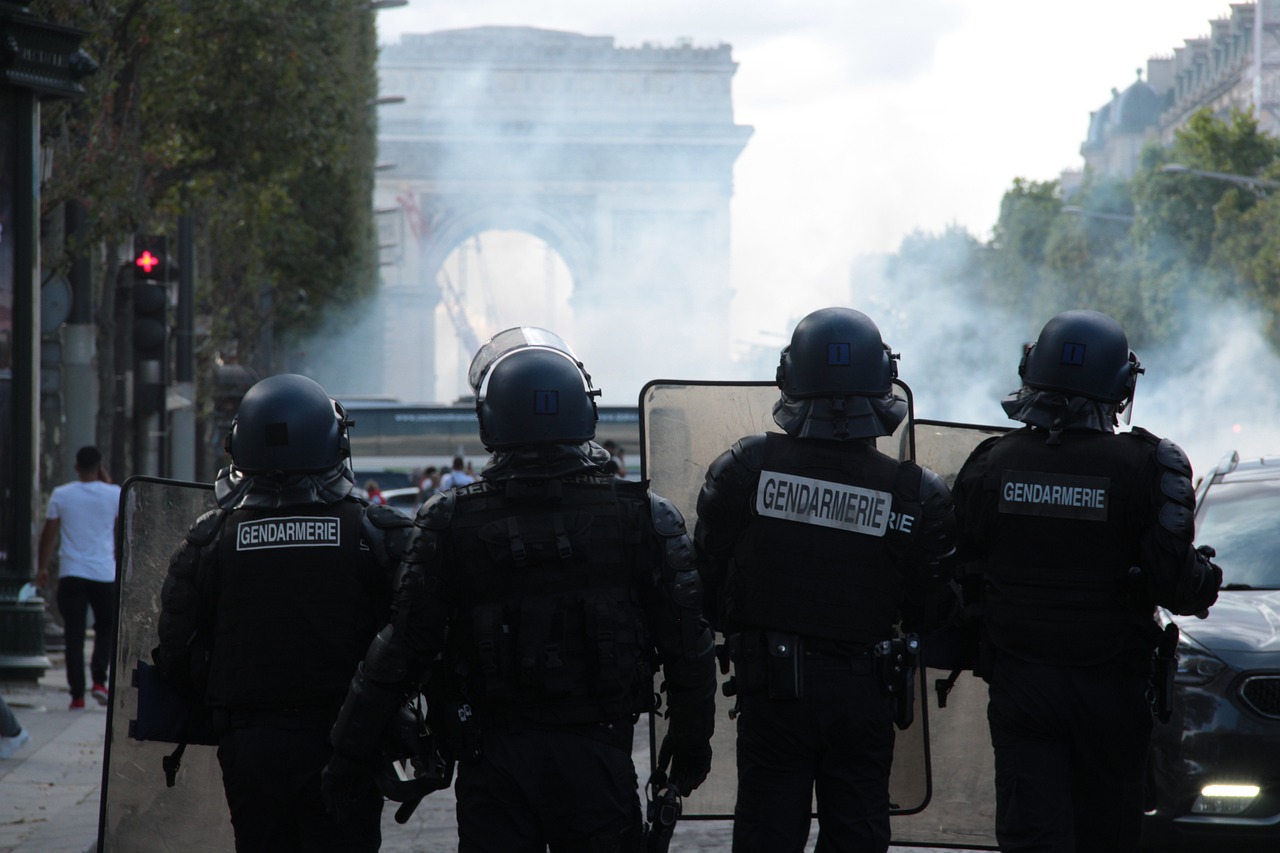Political processes have, in the population’s greater or lesser degree of political awareness, probably the largest determiner.
 Juan Diego García
Juan Diego García
Reaching a sufficient level of awareness of the true interests is surely the biggest condition for freedom being a real exercise and not the fruit of some intense passion or the result of so-called media manipulation or, more intimately, of primary values such as racism, xenophobia and patriarchalism.
In some cases that unbridled passion is the fruit of deep crises of the social order which dilute the balancing daily visions and lead to almost apocalyptic scenarios. The current crisis in all orders feeds this type of situation and drags people to distrust everything and to seek, often in absurd ways, a less dark horizon.
One example is the appearance and strong expansion of extreme religious forms such as radical Islam and fundamentalist Christianity (protestant or catholic). Eliminating all space for critical thought, these currents that affect large groups generate wild passions and play a very important role in some of the political currents, where passion is dominant over rational thinking. The predominance of magical thinking fits very well with the far right’s message. Media manipulation is, for its part, a mechanism for controlling minds similar to that of the pulpit, preaching and the confessional in their day.
Only that now, with modern means of communication such as radio, television and especially the internet, that control and manipulation reach unprecedented levels and scope.
Two factors allow us to understand the reasons why the current political culture, on so many occasions, shows itself to be so reduced, so infected, so deformed, leading to sometimes dramatic demonstrations among large social groupings that choose as their leaders individuals really affected by some form of dementia, social and political leaders who espouse a pathological message, who they end up putting in government.
 The first factor is the deep crisis in the communist left caused by the dramatic end of the USSR’s Real Socialism which left almost all the planet’s communist parties without a reference point. Many of them, historically important, disappeared.
The first factor is the deep crisis in the communist left caused by the dramatic end of the USSR’s Real Socialism which left almost all the planet’s communist parties without a reference point. Many of them, historically important, disappeared.
The second factor is the also dramatic dissolution of the reformist alternative of social democracy which ended up making the narrative its own and which fell into a deep crisis when that model showed all its limitations. The left was left without a narrative, the same as the bourgeoisie itself which now seems to be caught between trying some reformist solution and maintaining the current model without ruling out some updated form of fascism if circumstances require it.
The far right’s rebirth around the world would not be possible without the decisive support of the bourgeoisie (or at least an increasingly significant part of it). The lack of a convincing narrative, of a structural proposal like the welfare state and socialism were in their day, affects the left and the bourgeoisie, but the latter’s weakness as a dominant class is compensated for by the even greater weakness of the social forces for change (the left or progressivism).
 The social forces for change followed to a large extent the reformed capitalism subsequent to the Second World War forgetting their ideological principles or maintaining them just as a formal narrative.
The social forces for change followed to a large extent the reformed capitalism subsequent to the Second World War forgetting their ideological principles or maintaining them just as a formal narrative.
Now they do not have a new theoretical reference point that allows them to reformulate their traditional slogans such as “expropriate the expropriators”, “emancipate work”, “end exploitation of humans by humans”. The relative social calm and the relative improvement brought to the working classes by the so-called welfare state in the system’s central societies – and its very limited versions in the periphery – has given way to a universal discontent in the face of the obvious failure of all the neo-liberal promises.
The “spillage” theory, for example, according to which as the neo-liberal model allowed capital to grow (the only promise that has really been fulfilled) it would be necessary for that wealth to spill over to benefit the social majorities.
The reality is that spillage does not exist. On the contrary, there has been a dramatic limitation or removal of basic labour, social, political and cultural rights.
 The left fundamentally lacks a theoretical-practical reference point of sufficient dimensions. Nor does it have sufficiently serious instruments of action since the classic forms, parties and unions, do not appear to be of the calibre demanded by the current crisis. This scenario affects all countries.
The left fundamentally lacks a theoretical-practical reference point of sufficient dimensions. Nor does it have sufficiently serious instruments of action since the classic forms, parties and unions, do not appear to be of the calibre demanded by the current crisis. This scenario affects all countries.
That is why, although social discontent is manifesting itself in many ways across the world, capitalism’s most perverse tendencies appear on the political and social stage in a threatening way and gain the support or tolerance of large sections of society. Popular discontent, the first form of political awareness, is only a starting point. In the system’s centres and periphery these tendencies of the most primitive right are progressing and threatening while the left does not seem to find a way to face the challenge sufficiently effectively (at least immediately).
A strategy to mobilise large sections of the middle classes, vital to stopping the modern fascism that is advancing in the metropolises no less than in the system’s periphery, does not seem successful either.
 The left still has the hard task of advancing in a revolutionary way in the sphere of culture, of true awareness, of overcoming false awareness.
The left still has the hard task of advancing in a revolutionary way in the sphere of culture, of true awareness, of overcoming false awareness.
Advances in the economic sphere and the political ambit have led to leaving for the future the task of transforming the minds of the social majorities to progress towards global emancipation.
(Translated by Philip Walker – Email: philipwalkertranslation@gmail.com) – Photos: Pixabay












.jpg)












